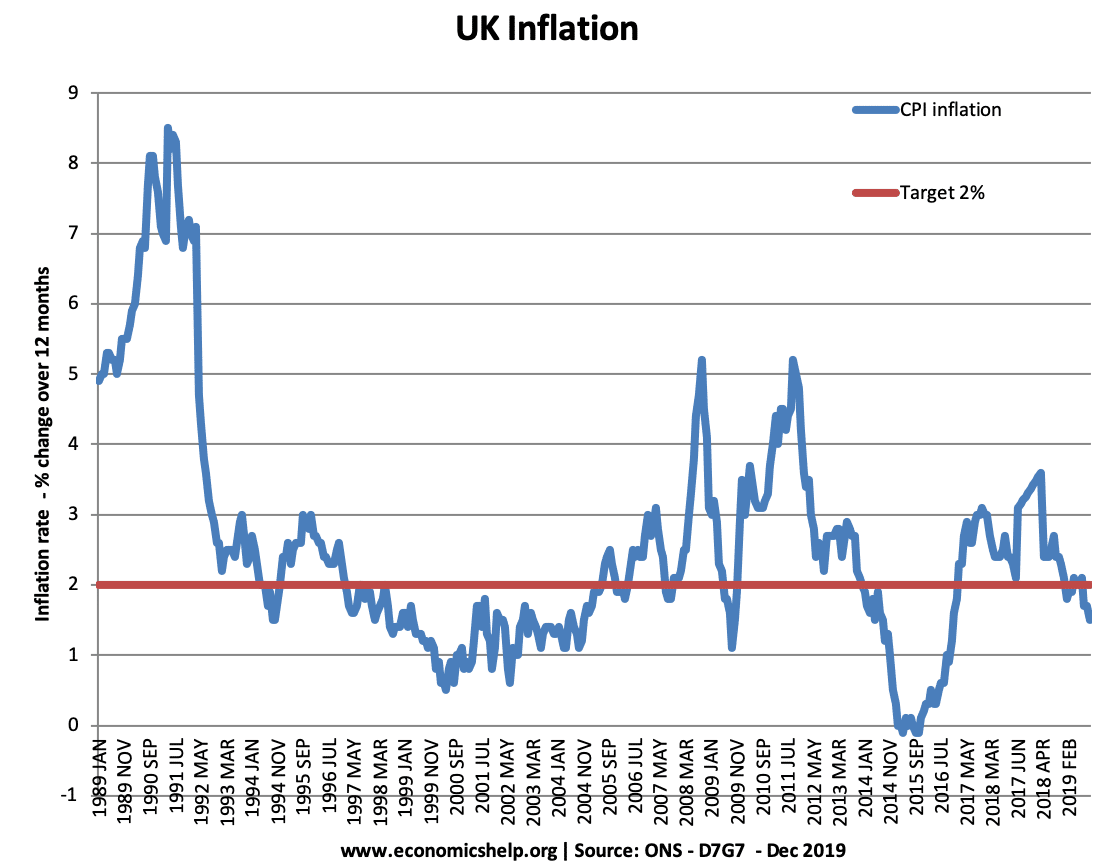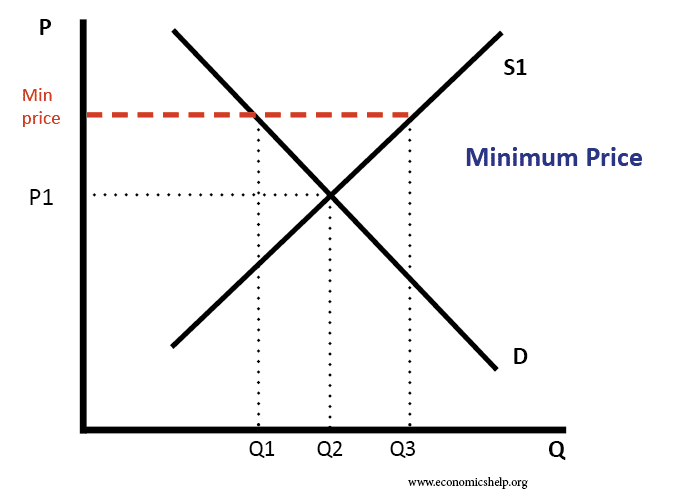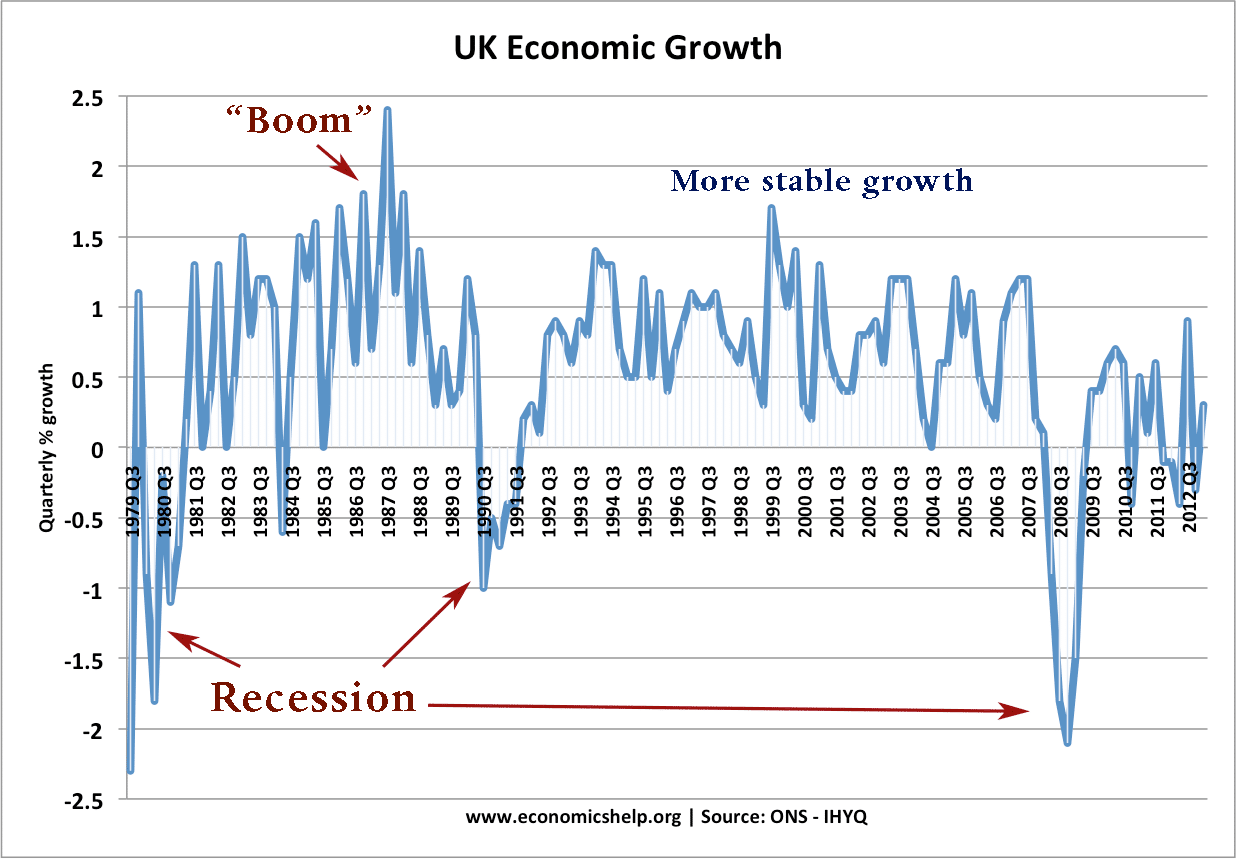Government intervention in the labour market
Government intervention in the labour market to reduce inequality and market failure can take various forms. Minimum wages/living wages Maximum wages (rarely used) Legislation to prevent discrimination on the grounds of age, sex, religion. Legislation to support or regulate trade unions. Maximum working week Legislation on health and safety Behavioural nudges (e.g. encouraging workers to …



